Ernest Everett Just became the first American to be invited to the Kaiser Wilhelm Institute
In 1930, Ernest Everett Just, an African American biologist, became the first American to be invited to the…
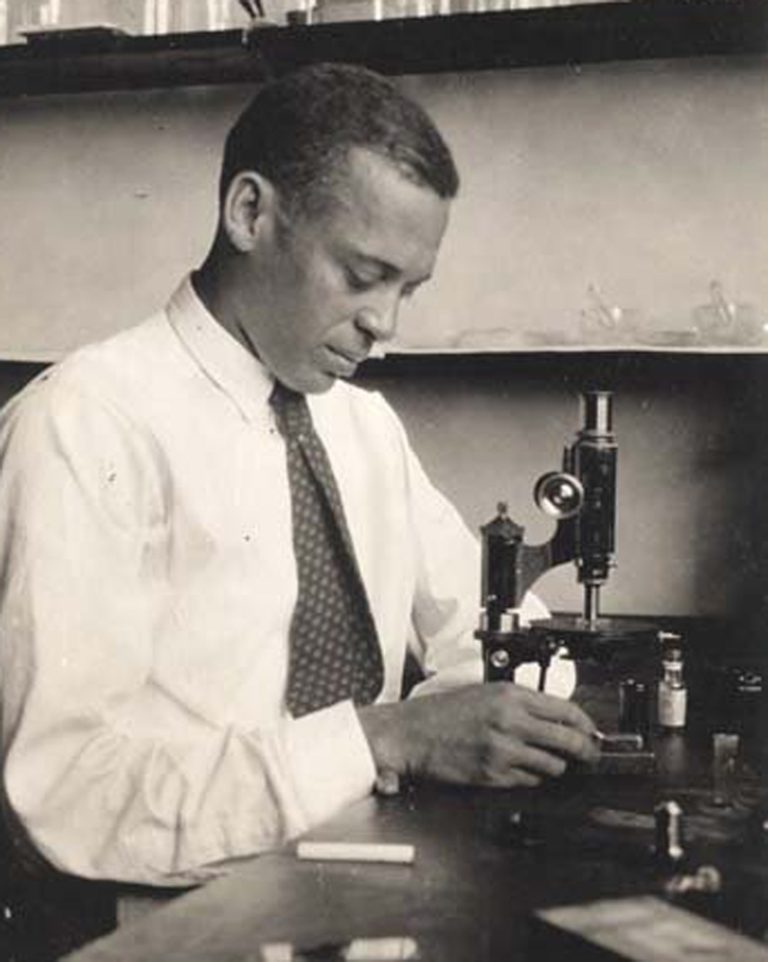
In 1930, Ernest Everett Just, an African American biologist, became the first American to be invited to the…
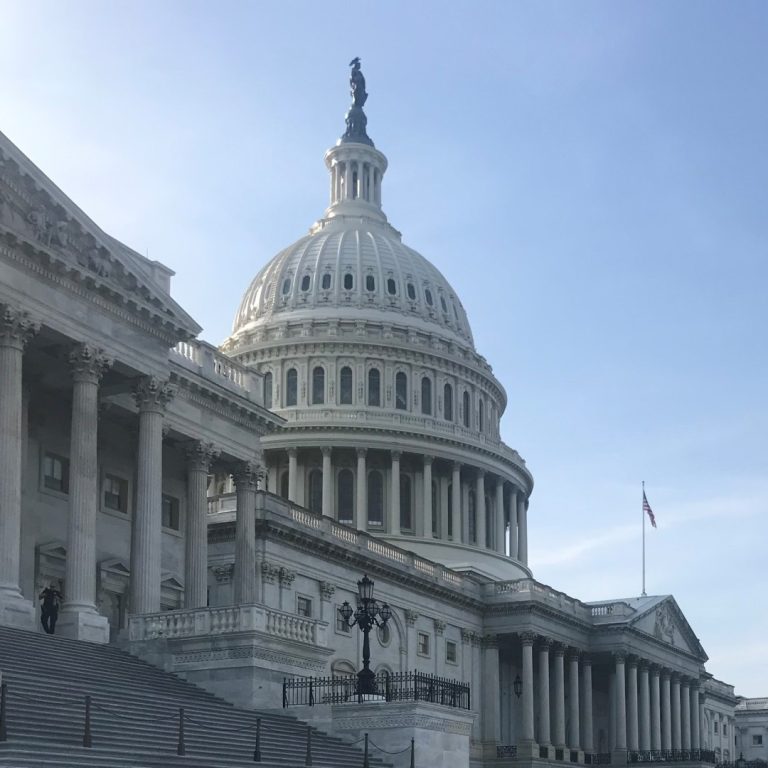
In 1930, the U.S. Congress passed the Plant Patent Act, recognizing for the first time that plant breeders’…
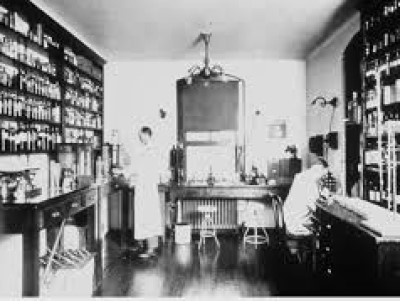
In 1930, the Hygienic Laboratory changed its name to the National Institute (singular) of Health and authorized the…

In 1930, Garst & Thomas Hybrid Corn Company was founded in Coon Rapids, Iowa, and from 1930-1945, U.S….
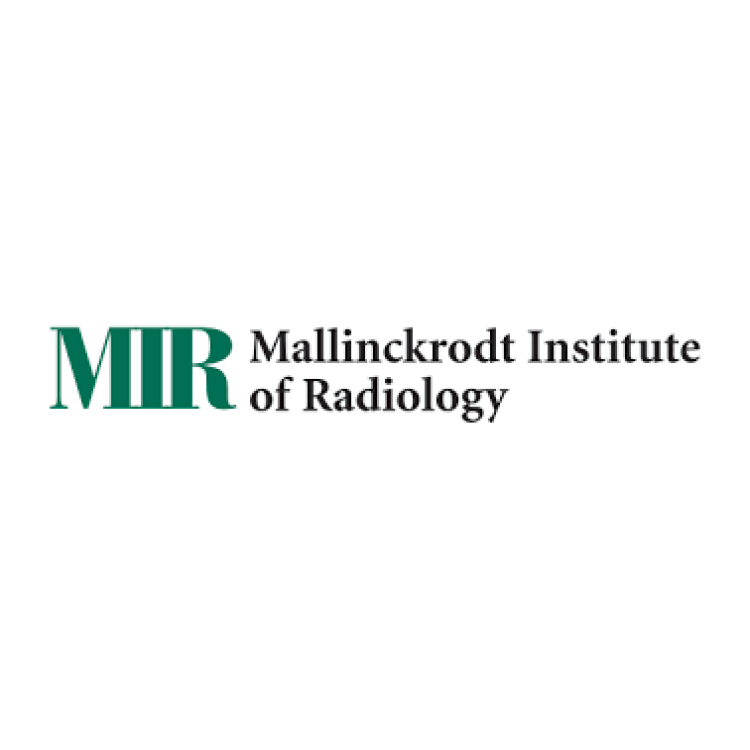
In 1930, the Mallinckrodt Institute of Radiology (MIR) at Washington University School of Medicine (WUSM) was established, funded…
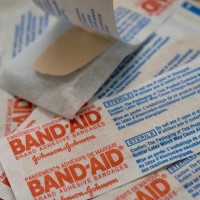
In 1930, Johnsonᅠ&ᅠJohnson established operations in Mexico and South Africa.
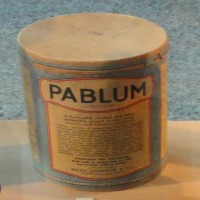
In 1930, Pablum, the first processed for babies, was developed by pediatricians Frederick Tisdall, Theodore Drake and Alan…
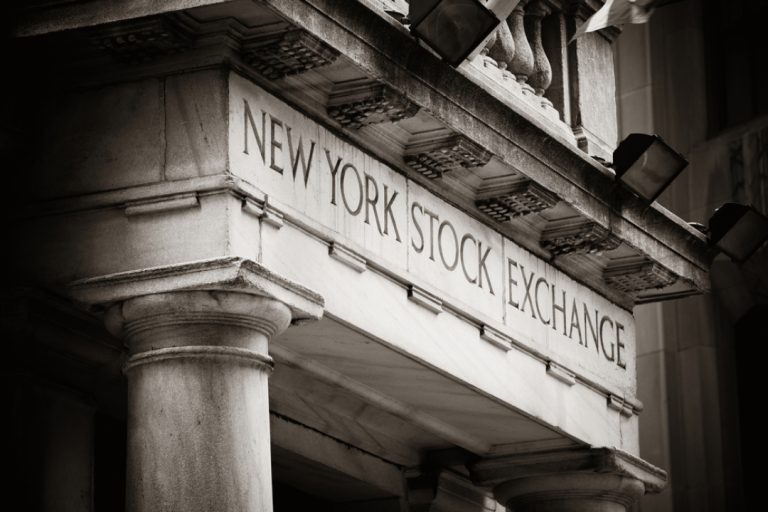
On Oct. 29, 1929, the “Black Tuesday” stock market crash was the most devastating financial collapse in the…
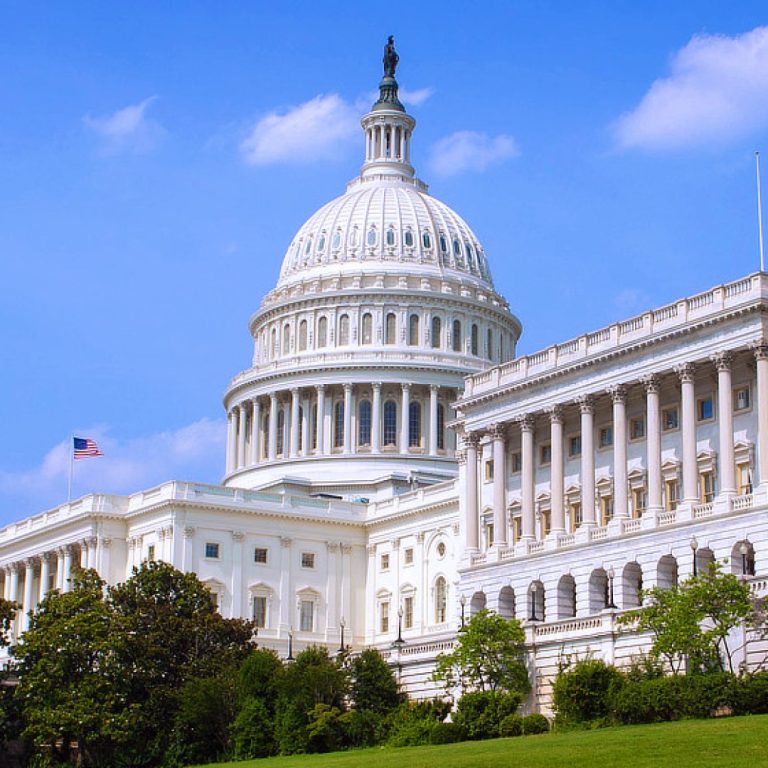
On May 29, 1929, Senator W. J. Harris, Georgia, introduced S. 4531, authorizing a survey in connection with…
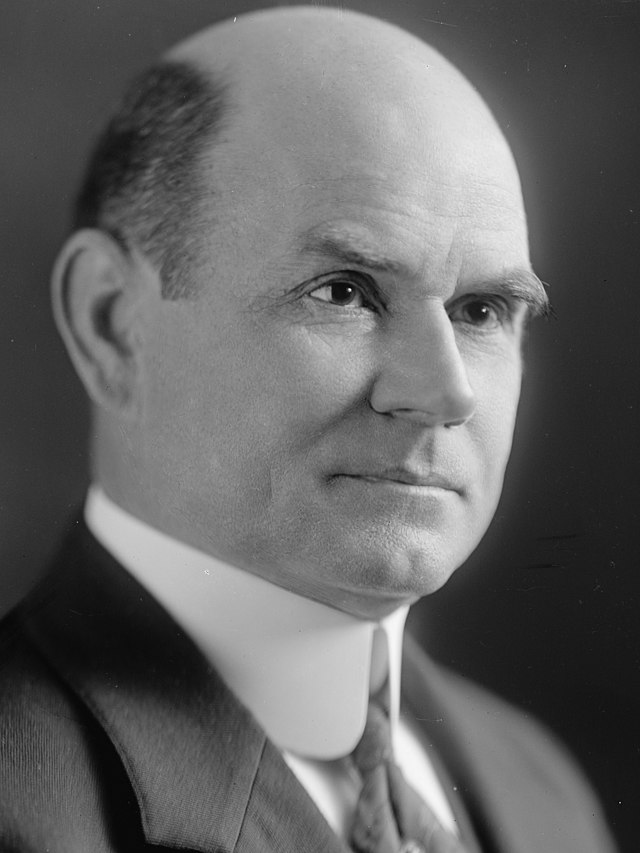
On Apr. 23, 1929, Senator W. J. Harris, Georgia, introduced S. 466, “To authorize the Public Health Service…
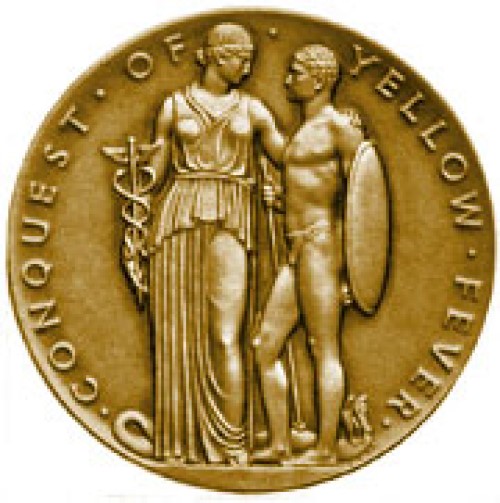
On Feb. 28, 1929, the Walter Reed Medal, a military decoration of the U.S. Army was created by…
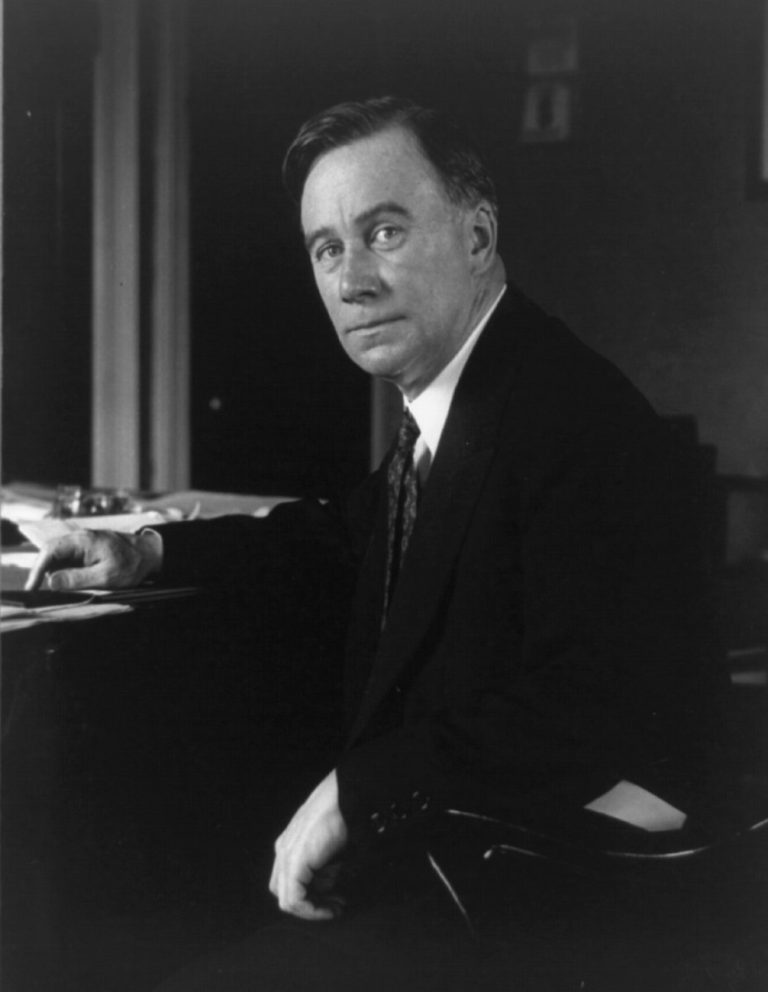
In 1929, the Priestley Medal was awarded to Francis P. Garvan by the American Chemical Society “to recognize…
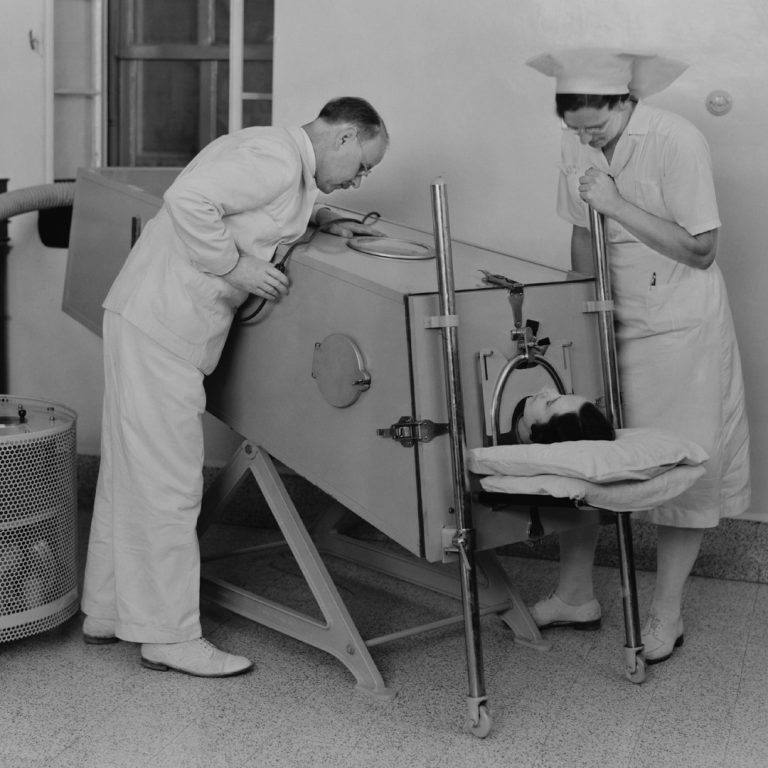
In 1929, Philip Drinker and Louis Shaw developed the ‘iron lung’ to aid respiration.
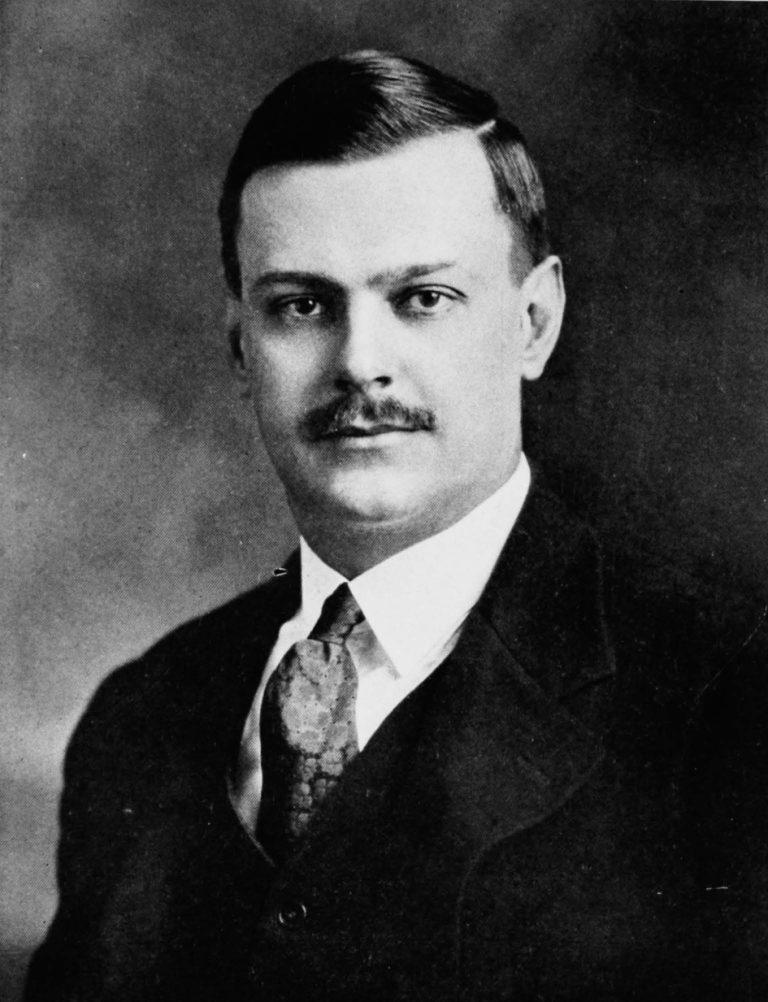
On May 4, 1929, Clarence Cook Little founded The Roscoe B. Jackson Memorial Laboratory in Bar Harbor, Maine,…

In 1929, Hoffman-La Roche outgrew its New York offices, prompting the development of a new plant in Nutley,…
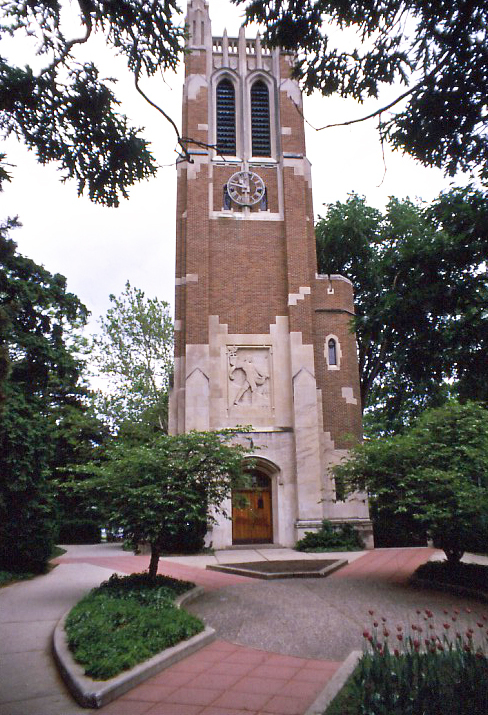
In 1929, the John W. Beaumont Memorial Tower on the Michigan State University (MSU) campus was completed. The…
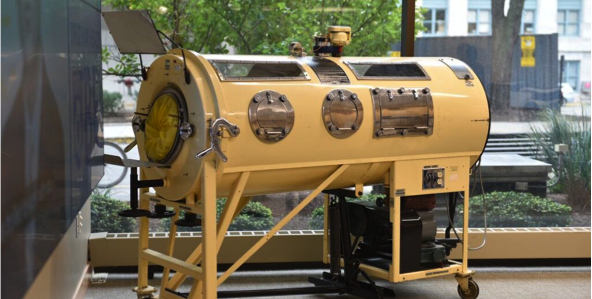
On Oct. 12, 1928, the first iron lung was used at Boston Children’s Hospital by Harvard Medical School…
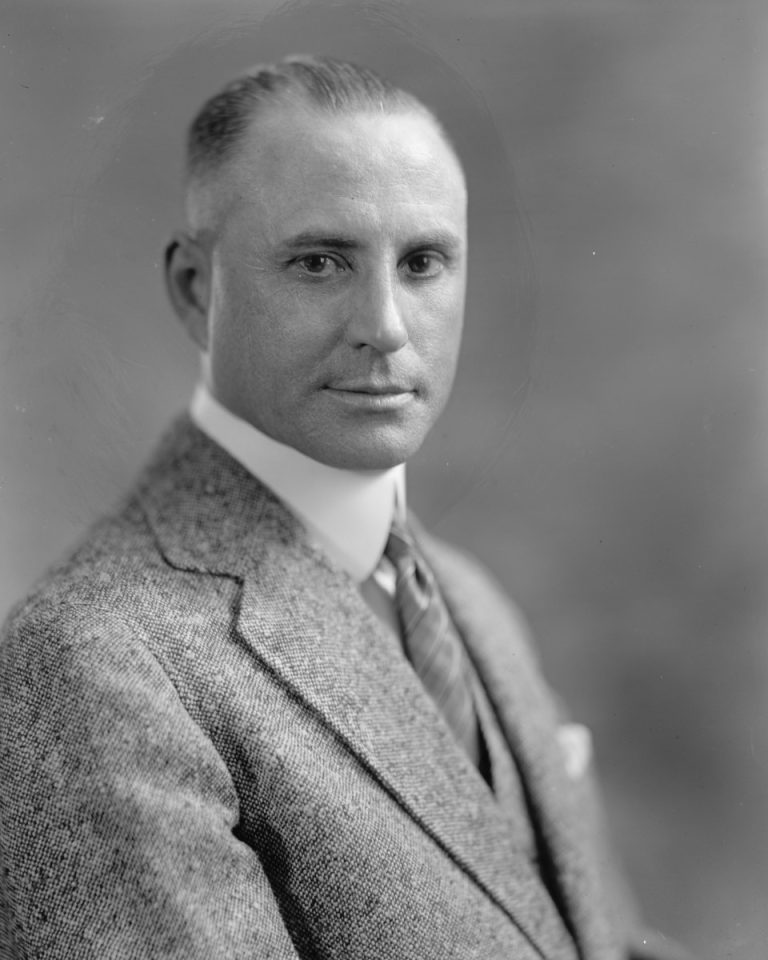
On Mar. 7, 1928, Senator Matthew Neely (D) of West Virginia introduced S. 3554, “To authorize the National…
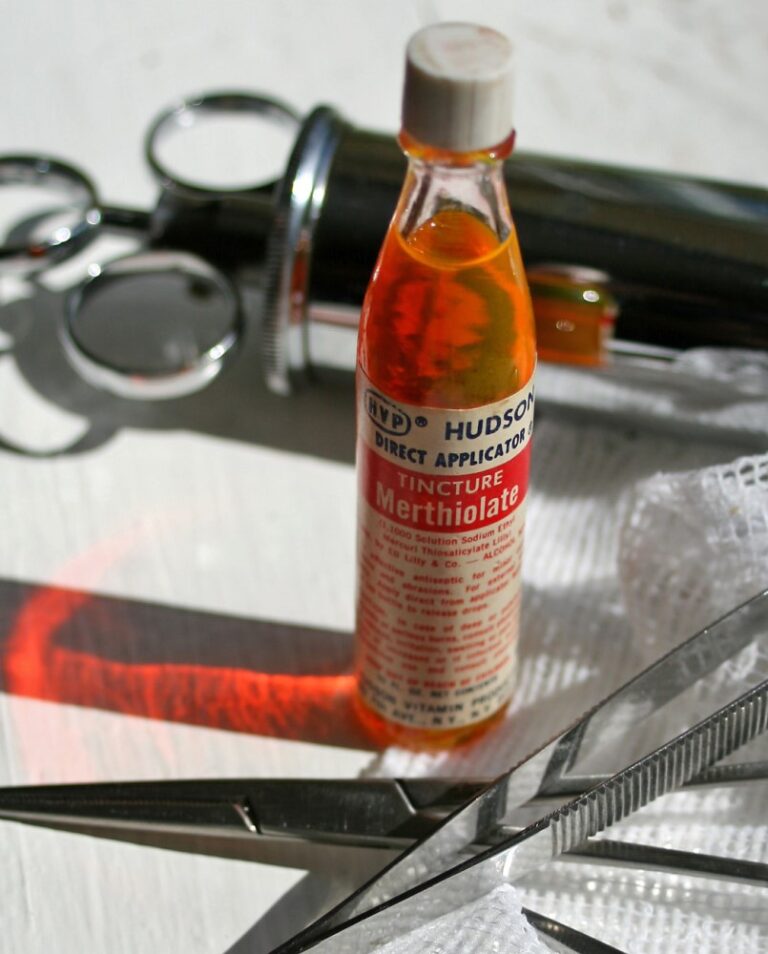
In 1928, Thimerosal was commercialized by Eli Lilly under the trade name Merthiolate, an antiseptic solution containing thimerosal,…
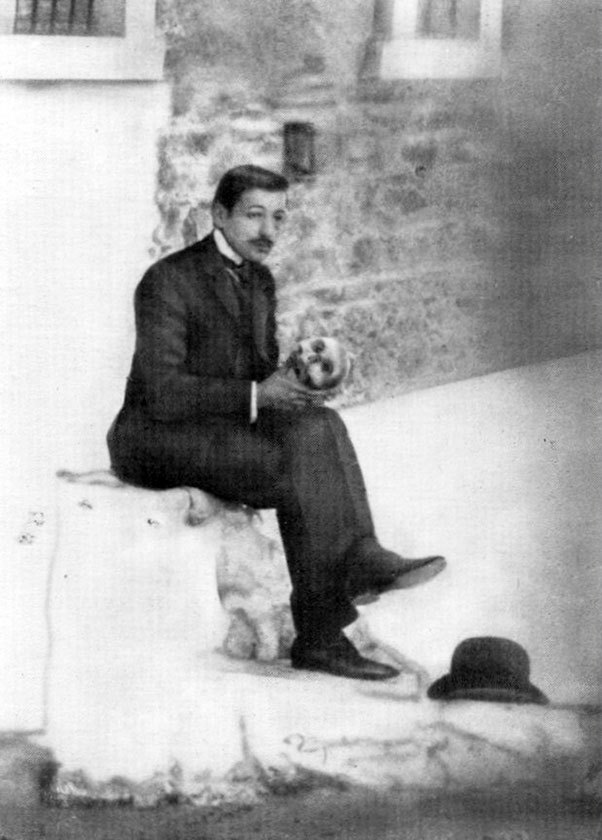
In 1928, George Papanicolaou discovered that vaginal cell smears (the Pap smear) revealed the presence of cervical cancer….
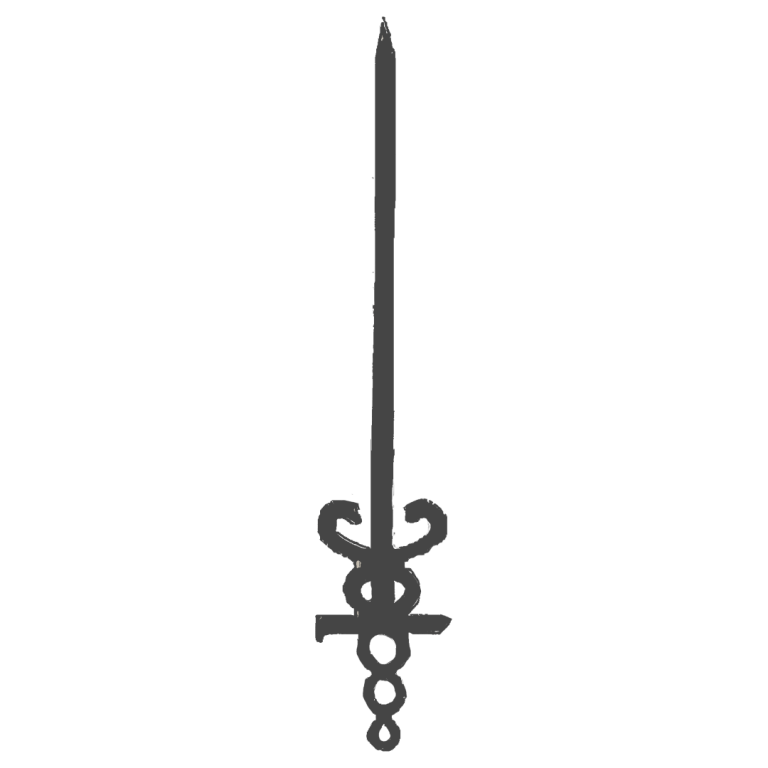
In 1928, the sword symbol of the Americal Cancer Society (ASCC) came from a 1928 nationwide poster contest…
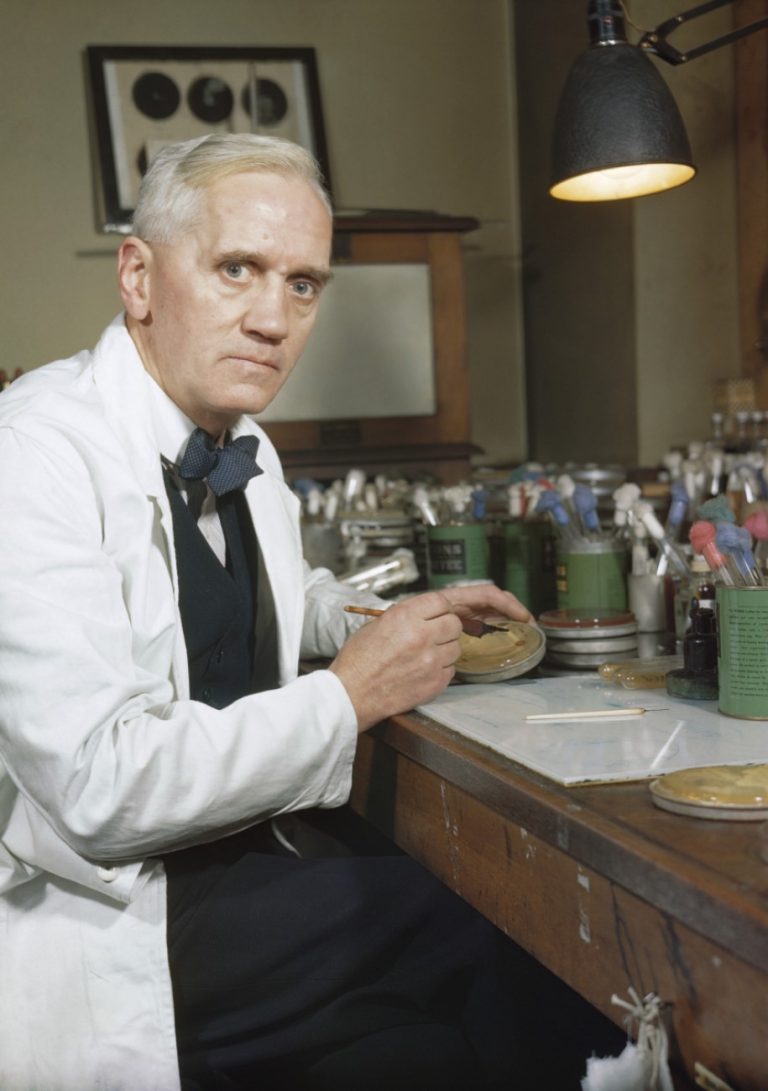
In 1928, Sir Alexander Fleming observed a culture of mold and discovered that the antibacterial substance was not…
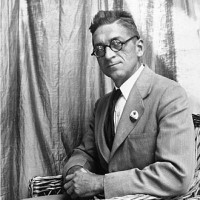
In 1928, William Mansfield Clark published a summary of his classic work during the decade on oxidation-reduction systems.
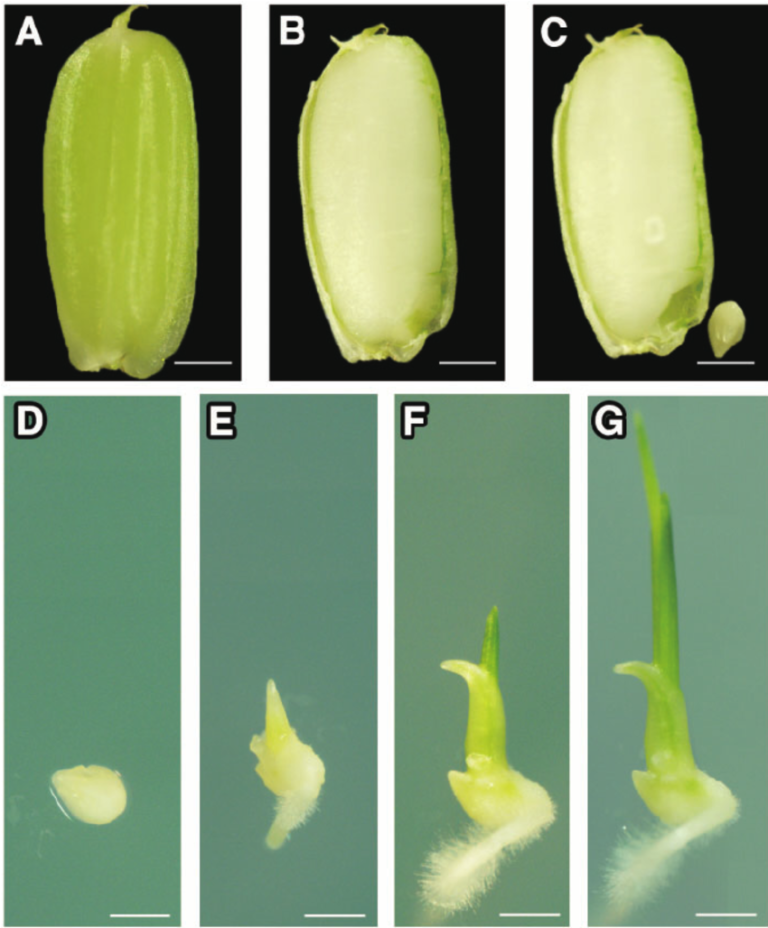
In 1928, Embryo rescue (ER) was first used to obtain hybrids from wide crosses in crop plants known…
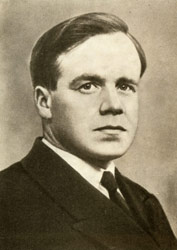
In 1928, Dr. Georgy Karpechenko at the botanical institute at Detskoje Selo, in Russia crossed radishes and cabbages,…

In 1928, Dr. Eaton MacKay was invited from Stanford University to become the first director of research at…

In 1928, Rocky Mountain Biological Laboratory, grew from the work of Dr. John Johnson, a biology professor at…
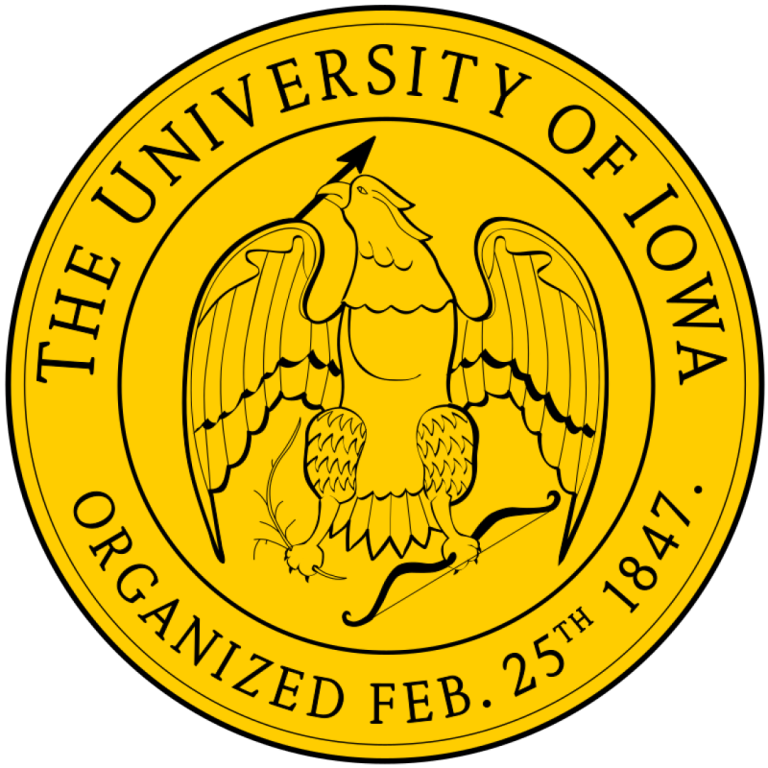
In 1928, the University of Iowa College of Pharmacy Drug Service was formed and began manufacturing a wide…
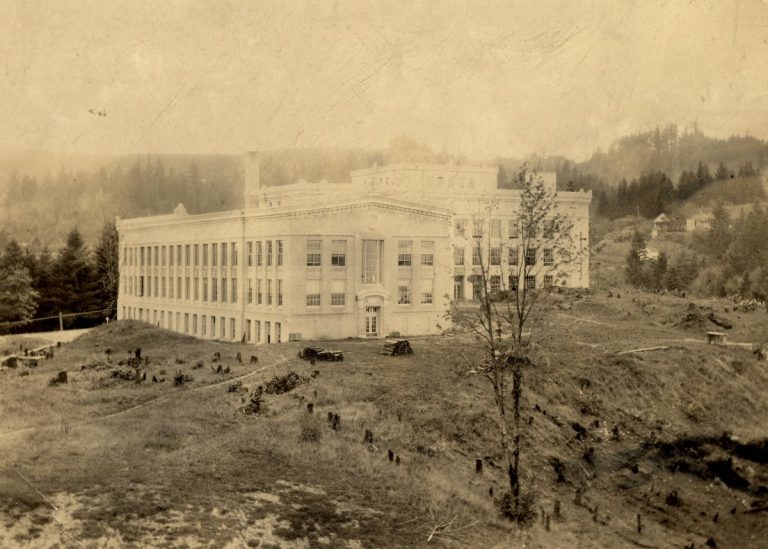
In 1928, The University of Oregon Medical School takes over operation of Doernbecher Hospital. Frank Doernbecher was a…
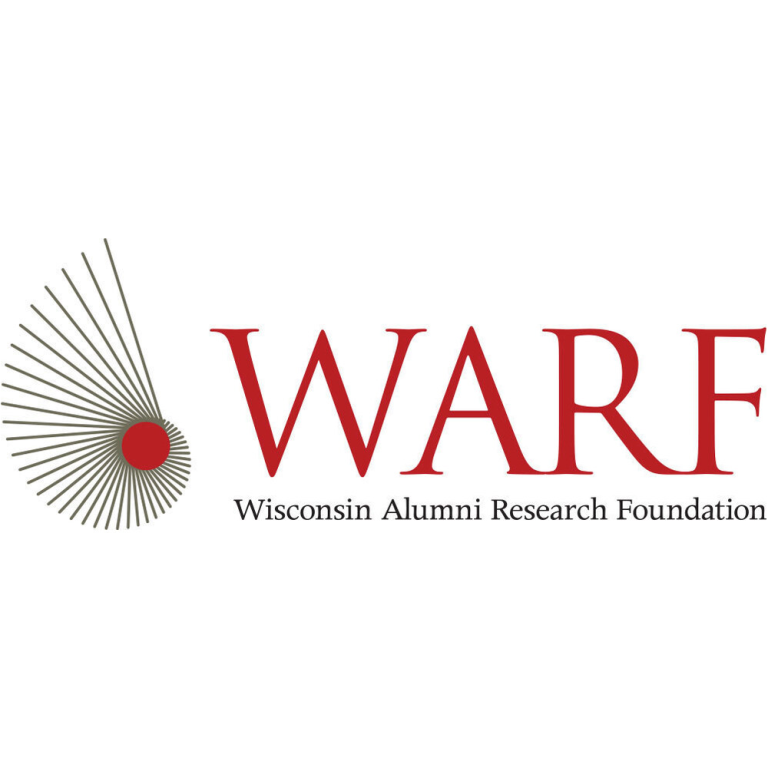
On Feb. 19, 1927, the Wisconsin Alumni Research Foundation (WARF) completed its first licensing agreement with the Quaker…